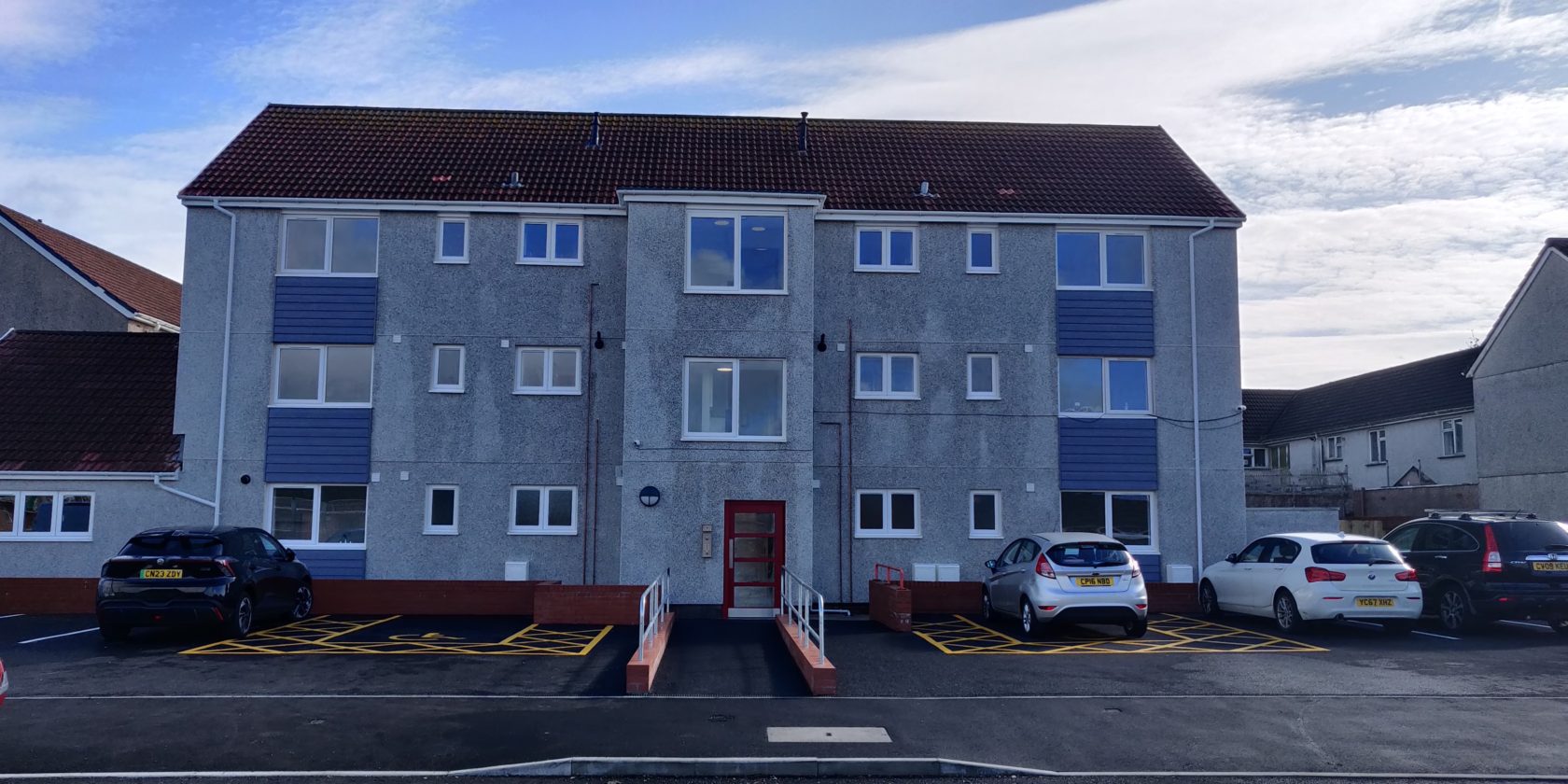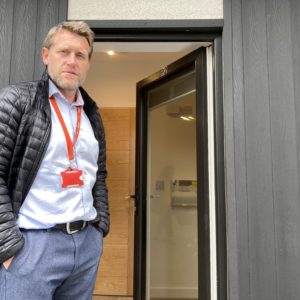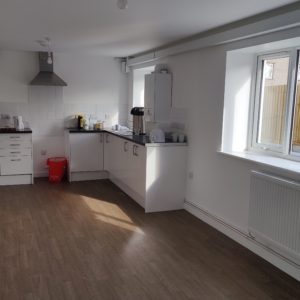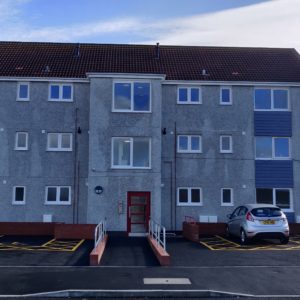Housing Crisis in Swansea Revealed: Rise in Bed and Breakfast Stays Causes Concern

THE extent of the housing crisis facing thousands of people in Swansea has been laid bare in a hard-hitting report which said the number of people being put up in bed and breakfasts has risen ninefold.
Around 270 people, including some families, are currently in bed and breakfasts compared to 30 five years ago because other forms of temporary accommodation are full.
The council report said people are also spending far longer in temporary accommodation than they used to. The average stay was below 25 days five years ago but is forecast to be around 225 days in 2024-25. Notwithstanding this, the council has been able to move more people on to more settled accommodation than in the past following a raft of emergency measures – another reason for this is simply that it’s dealing with so many cases.
The report said just under 4,500 people presented to the council as being at risk of homelessness last year – a 50% rise compared to five years ago – although not all of them needed to be found temporary accommodation because agreements could be reached with landlords, for example.
The council has converted two former housing offices into temporary and permanent accommodation and is planning to use an empty city centre building as a 68-bedroom facility for people who’d otherwise end up in bed and breakfasts and hotels. The building’s identity hasn’t been disclosed but the report said it would have communal kitchens and that all rooms would all be en-suite. It’s expected to open next year, with people staying there offered support.
The council’s scrutiny programme committee heard that demand for housing and temporary accommodation, particularly among single people, was outstripping supply across the UK and that this had a major cost implication for local authorities. A £2 million overspend on temporary accommodation is predicted in 2024-25 in Swansea. “Financially it’s just not sustainable,” said Steve Porter, operations manager for community housing.
Cllr Andrea Lewis, whose cabinet brief includes housing, said: “We are acutely aware of the heavy usage at the moment of bed and breakfast and hotel accommodation. We do agree and we feel that it isn’t absolutely suitable accommodation. However, we are looking at alternative solutions.”
People face becoming homeless for reasons including loss of private rental accommodation and family and relationship breakdowns. At a time of rising rents the report gave an example of a three-bedroom property in Mount Pleasant which cost £1,400 per month – the housing benefit figure for the same property is £600 per month.
Mr Porter also said a key reason for the increasing pressures was a change in legislation in Wales two years ago which mean councils have a statutory duty to provide more people with temporary accommodation than used to be the case.
Councils have also been helping more offenders released early from prison and refugees in recent times – factors outside their control – and half of all people in temporary accommodation currently in Swansea are from these two groups.
While resettlement schemes for people fleeing conflict in countries like Ukraine have been successful, Cllr Lyndon Jones said one Ukrainian mother had been offered a flat in Swansea with holes reportedly in the walls, blood on the bathroom wall, a terrible smell and neighbours living in a flat with boarded up windows.
“I got hold of the housing department, and to be fair she was moved to another flat,” said Cllr Jones. “But that was not much better and in the end she went back to Ukraine.” The committee was told the council inspected properties pre and post-tenancy and that this particular instance could be looked into.
Another statistic from the report was that the council prevented 70% of people at risk of homeless becoming homeless five years ago, and that this figure has reduced nearly 20% – driven mainly by issues in the private rental sector.
One positive story has been a reduction in the number of rough sleepers in Swansea to a current figure of nine, with some of those actually having somewhere to live but choosing to spend some nights on the streets.
Meanwhile the council is building houses, bungalows and flats, converting other ones and buying back others sold under right-to-buy legislation.
Another aspect of the housing challenge, said the report, was increasing pressure on council staff. “The increased number of households living in temporary accommodation and those vulnerably housed means that a higher level of tenancy support is required,” it said. “The housing support grant has seen small rises in funding in the last 12 months but not any significant rises and we are currently unable to provide the level of support required to help people move on into more stable accommodation.”
Mr Porter said: “We have concerns about the welfare of staff. It’s pretty tough at the moment.”
Cllr Lewis said staff were dedicated and passionate and that the council worked very well with third sector groups, such as homelessness charity The Wallich, and the Welsh Government.
Committee members praised the efforts of housing staff, while Mr Porter said bed and breakfast owners – some based on Oystermouth Road – have been “very supportive”. The meeting also heard that 285 of the council’s 13,700 properties are empty which, while not insignificant, is said to be the lowest proportion for years.
There are currently 6,110 households on the council’s housing waiting list, plus a further 1,562 tenants looking to transfer to another home.
Earlier this summer the Local Government Association, which represents councils in England, said the percentage of councils’ total housing budget being spent on homelessness and temporary accommodation had more than tripled since 2015.
Mr Porter said: “I don’t think we can underestimate the scale of the problem which is being felt by all authorities.”
The Welsh Government said anyone who is “street homeless” or at risk of being street homeless is now recognised in law as being in “priority need” for housing support and emergency accommodation.
A spokeswoman said: “The increase in people being supported with temporary accommodation reflects ongoing pressures within the system and the effect the cost-of-living crisis has had on individuals and households.
“In Wales, we continue to take a ‘no-one left out’ approach to support local authorities with statutory duties and wider preventative measures. We are investing almost £220 million in homelessness prevention and housing support to help reduce the flow of people needing temporary accommodation.”
By BBC LDRS
Spotted something? Got a story? Email News@News.Wales















